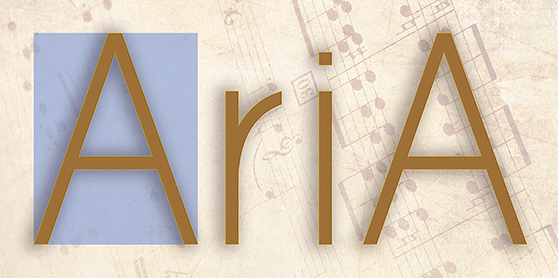Conflicts and wars are an inevitable part of human interaction. Whether between individuals, groups or states, they can arise from differences of opinion, values or interests. Conflict can be destructive and lead to negative results, but on the other hand it can also be productive, leading to positive change. The challenge is to find ways to manage and resolve conflict effectively. However, the cycle of conflict seems endless when one dispute leads to another. In this article we will look at humanity's need for dispute resolution and the various factors that contribute to the endless cycle of disagreement.
A quick look back in time reveals that - the first recorded military conflict dates back to 2700 BC in Mesopotamia, between the city-states of Lagash and Umma. The dispute arose over irrigation rights and resulted in a battle that lasted several days. This event marked the first time in history that two organised groups of people engaged in military conflict. It also demonstrated the importance of resources in human conflict, a theme that will be evident throughout history. The origins of war are complex and multifaceted, but one thing is certain: it has been ever-present throughout human history.

The paradox of avoiding conflict
Is it possible in human society to avoid conflict in any way? Well, it is a common reaction when people find themselves in a situation where they prefer not to argue but to walk away from an abuser by keeping silent... But the paradox is that avoiding arguments can lead to more confrontation. After all, avoiding a disagreement can lead to resentment or frustration that builds up over time. Eventually, unresolved issues can lead to an explosion or a complete breakdown in the relationship. Moreover, silence and avoidance of confrontation will allow those who misbehave to continue without consequence. Thereby triggering several more chains of conflict.
The origins of conflicts and wars are complex and multifaceted. Some argue that war is an inevitable consequence of human nature, others see it as a result of social and economic factors. Regardless of its origins, confrontation has been ever-present throughout human history. From the ancient world to the modern era, conflicts have been fought over religion, resources, ideology and power.
Conflicts - the psychology of escalation
Disagreements can escalate quickly, especially when people feel threatened or attacked. The psychology of escalating conflict has to do with how we perceive another person or group of people. Negative perceptions can lead to negative behaviour, which will definitely lead to escalation. In addition, escalation of confrontation can occur when people become entrenched in their positions and refuse to compromise or see the other person's point of view. When people are in conflict, they often feel they have to defend themselves and their interests. This can create a vicious circle of escalation, with everyone trying to outdo the other.
Historians estimate that there have been some twenty thousand wars in the history of mankind. These incidents have taken different forms, from small skirmishes between warring tribes to global battles involving multiple countries. Although the causes and consequences of these wars vary, they all have one thing in common: the loss of human life. And the more so-called civilisations develop, the bloodier these conflicts become.
And the cost, staggering. Hundreds of millions of people have died in conflicts throughout human history, many more have been injured and their lives, and the lives of those close to them, have been forever changed. The impact of war on society and the environment is also very great, and the effects can be felt for many, many generations. While some may argue that war is a necessary evil, its effects on humanity are undeniable. The strongest, bravest, most honest ones perished without giving birth, and their place was taken by the weakest, but cunning ones, who walked on the corpses of the dead. In fact, mankind invented a new term, artificial evolution. Probably it is not necessary to repeat again how important it is to remember the lessons of history and strive for more peaceful future. But there is another problem, and that is the short human memory.

The role of communication in conflict transformation
So how do we go about it? How do we defeat our differences? Well, the first thing that comes to mind is communication. Communication plays a crucial role in transforming conflict. Effective communication can help people understand each other's perspectives, identify common ground and find ways to move forward. However, communication can also be a source of conflict if it is ineffective or misunderstood. In conflict situations, people often communicate in a defensive or aggressive manner, which can make the situation worse. To change, people need to learn how to communicate effectively, not only to listen but also to hear, not only to look but also to see.
In conclusion, the endless cycle of disputes, quarrels and clashes is a problem that humanity has faced throughout history. While conflict can be destructive, it can also be productive if managed effectively. Avoidance, escalation of disputes and ineffective communication are some of the factors that contribute to the cycle of conflict. However, by breaking this cycle and finding lasting solutions, people may be able to create a better future.


 and then
and then 
